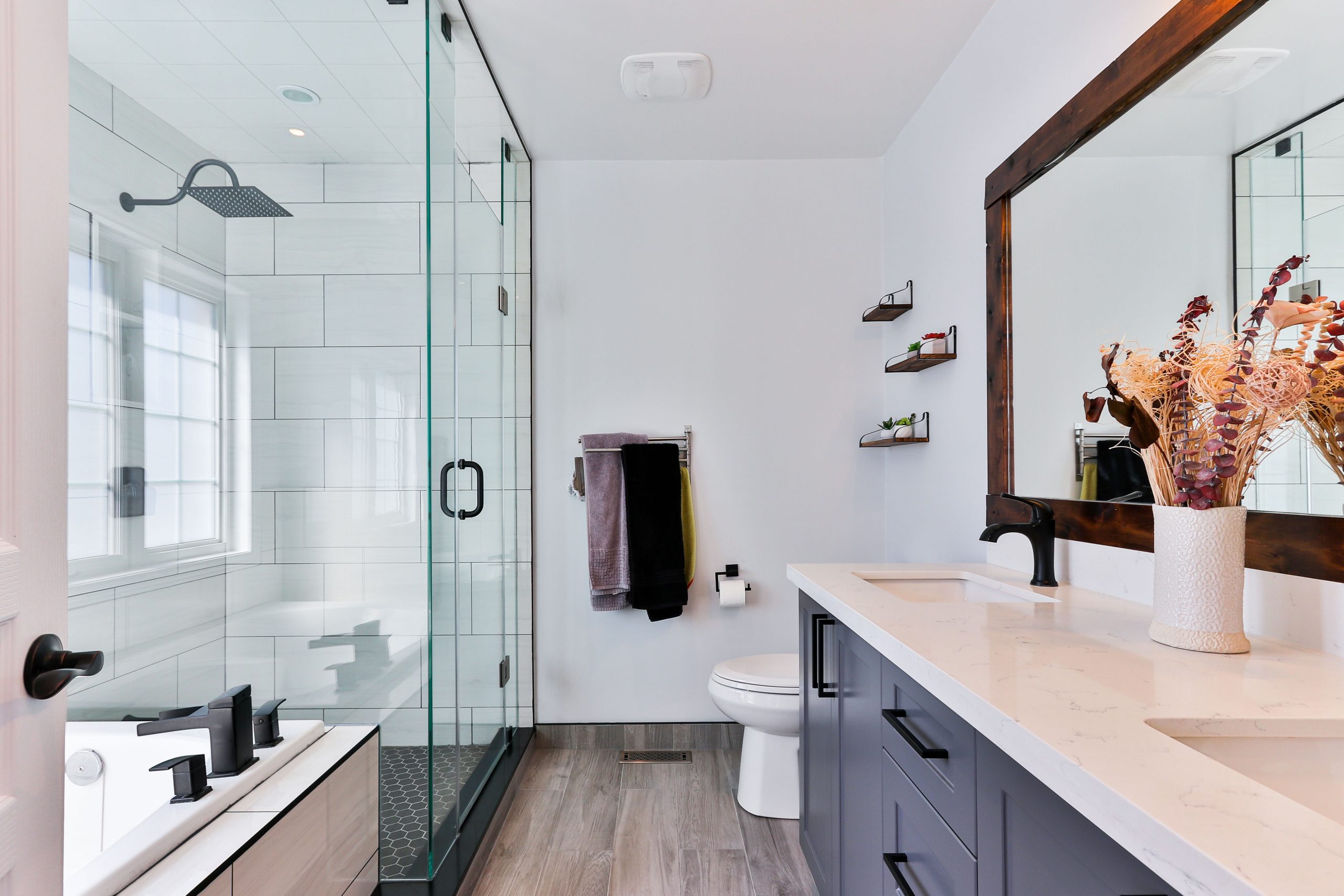There is an established connection between poor health and low indoor temperatures. Research has shown that fuel poverty is today a contributing factor in a number of cold, poor housing related health conditions. In a 2008 report, Professor Christine Liddell reported that for every £1 spent on reducing fuel poverty, saved the NHS 42 pence.

In some circumstances, existing health conditions can be affected by the cold and others can be a new diagnosis as a result of prolonged exposure the cold temperatures. Respiratory conditions can often become worse by this prolonged exposure and people living in these conditions have a higher risk of suffering from colds, flu, bronchitis and pneumonia. Other health conditions such as diabetes, heart disease, arthritis and mental health can also be impacted by prolonged exposure to low indoor temperatures and living in cold homes.
At temperatures below 12C, blood tends to thicken, leading to an increase in blood pressure and increased risk of heart attack and stroke as the heart has to work harder to pump blood round the body to keep you warm. Living in a cold home not only has an impact on your health, but it can also contribute to condensation, dampness and mould growth in a home. This can have a detrimental impact on some allergies as mould spores and dust mites in the air can cause allergic reactions.
To keep your home warm, the NHS recommend the following:
- If you’re not very mobile, are 65 or over, or have a health condition, such as heart or lung disease, heat your home to at least 18C
- Keep your bedroom at 18C all night if you can – and keep bedroom windows closed
- If you’re under 65, healthy and active, you can safely have your home cooler than 18C, as long as you’re comfortable
- Use a hot water bottle or electric blanket to keep warm in bed – but do not use both at the same time
- Have at least 1 hot meal a day – eating regularly helps keep you warm
- Have hot drinks regularly
- Babies should sleep in rooms heated to between 16C and 20C (this reduces the risk of sudden infant death syndrome (SIDS)
- Draw curtains at dusk and keep doors closed to block out draughts
- Get your heating system checked regularly by a qualified professional

Help with heating costs
Once your home is heated its important to maintain this as it’s not just about using more fuel, it’s about keeping the heat in.
You may be eligible for funding to help with heating your home. There are many grants available including ECO Scheme, LA Flex, Green Homes Grant, Winter Fuel Payment and the Cold Weather Payment.
For more information on improving your heating, how to reduce your bills and make your home more energy efficient, get in touch today. Complete our contact us form or call us on 02920 499 183 or email us.






